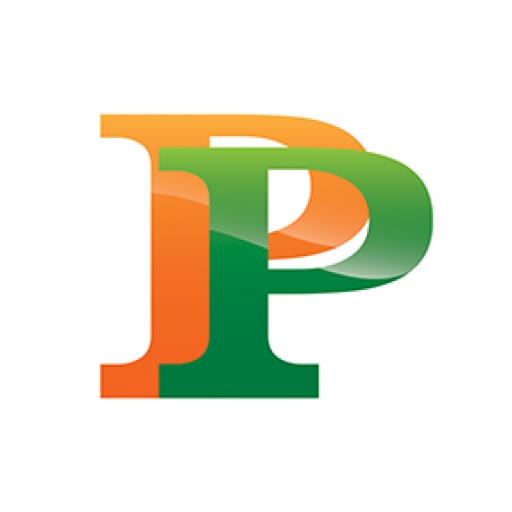Certification
Xylella Fastidiosa
Explaining the Xylella Fastidiosa
Since 2014, nurseries and a significant part of France have been affected by a disease called Xylella Fastidiosa, a multiplex strain that affects a large number of Mediterranean and other plants. As a result of the new strain caused by this bacterium, Prosperi nurseries have set up a massive and powerful control system to control the disease on the plants presented in the pond. At the same time, the European Community has also introduced measures to prevent the spread of this disease. Thanks to this energetic and effective measure, Prosperi’s nurseries can continue to offer plants in a perfect state of phytosanitary health.
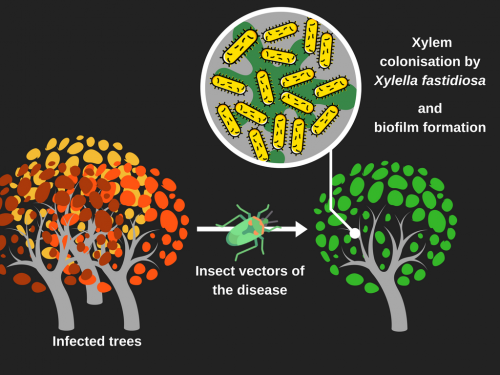

Palm Tree Traceability
Starting in 2010, the Prosperi nurseries, being a flagship establishment in the distribution of palm trees on the French Riviera and surrounding areas, was confronted with 2 new pests: the Paysandisia Archon and the Rhyncophorus ferrugineus. As a result, it was decided within the establishment to create a traceability of palm trees in order to ensure, from production to delivery at the end user, a quality breast palm. The objective of this traceability is to control three essential aspects of economic and phytosanitary activity.
1.
On the palm trees a necklace bearing a number that identifies the area of production is applied, as well as the extraction time from the full ground of the palm tree and its arrival in a nursery for sale in France.
2.
The plant, between the arrival at the nursery and the shipping to the customer’s home, can properly root in order to feed and adapt to the setting up in our soil.
3.
At the same time, the palm trees undergo treatment authorized by the competent services of the Ministry of Agriculture to ensure that no pathogens are present inside and outside the palm.
Thanks to this procedure, the customer can be reassured about the general and phytosanitary condition of the plant. In addition, if there were to be any problem caused by these pests upon confirmation of an expert in the field ), the Prosperi nursery undertakes to replace the plant for one year. This guarantee has enabled our establishment to become a leader in the development of the gardens and parks of the French Riviera. Our pride has been essentially to help mitigate the well-known damage of these insects that have affected our entire plant heritage, so we continue our research to optimize this method of traceability year after year.
Affected plants
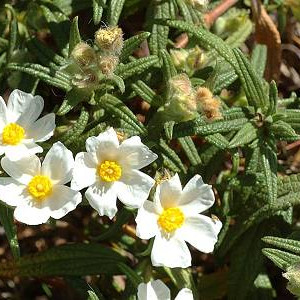
Cistus Monspeliensis
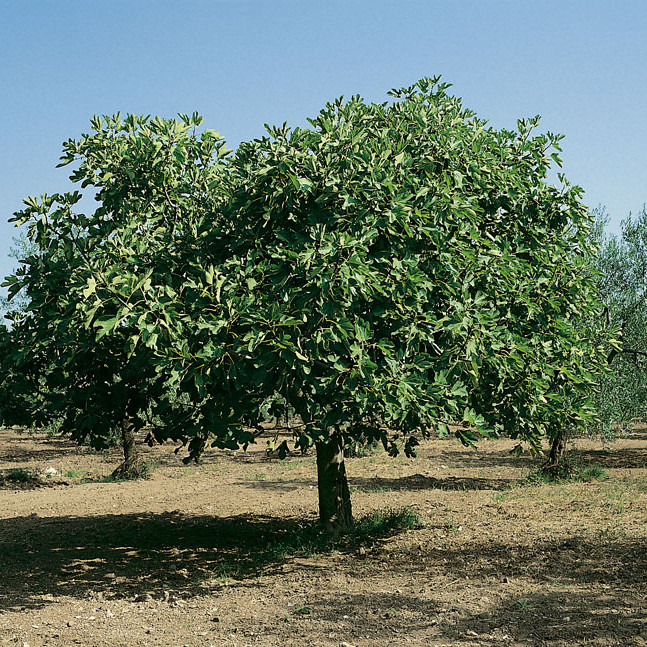
Ficus Carica
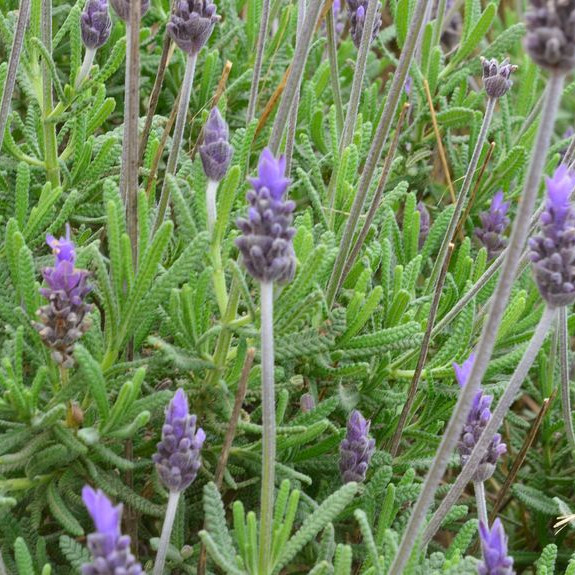
Lavandula Dentata
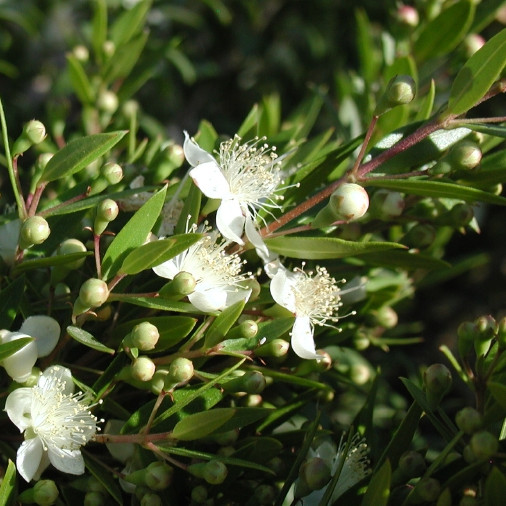
Myrtus Communis
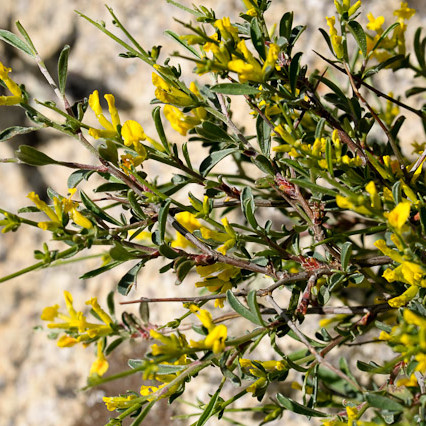
Anthylis Hermanni
Xylella fastidiosa is a highly polyphagous bacterium, which accepts a wide range of host plants, including numerous species of wild or cultivated plants, often woody plants but also certain herbaceous plants. The only subspecies Xylella fastidiosa subsp. fastidiosa, the causative agent of Pierce’s disease, has 132 host plant species belonging to 46 different families.
Among the fruit plants likely to be infected by the bacteria are species of great agroeconomic interest belonging to the genera Vitis, Citrus, and other citrus fruits. Researchers are exploring the different aspects of the spread of the bacteria and the disease and the relationships between its main vector and its host plants, as well as the socio-economic consequences of epidemics on the agricultural economy.


 FRENCH
FRENCH ITALIAN
ITALIAN